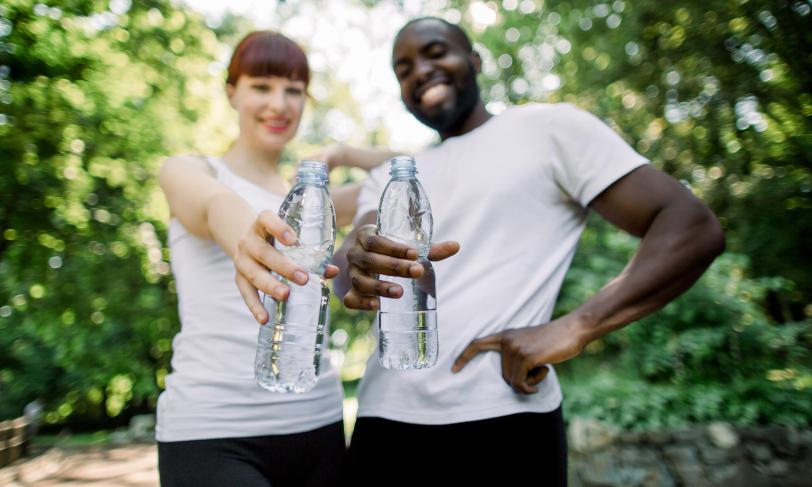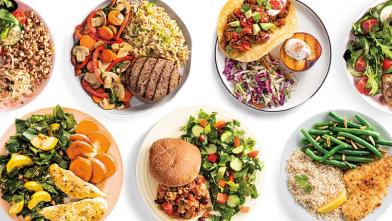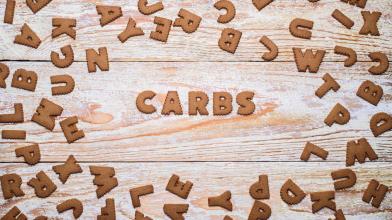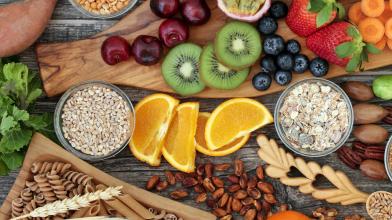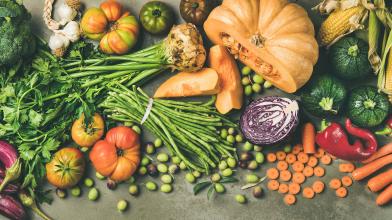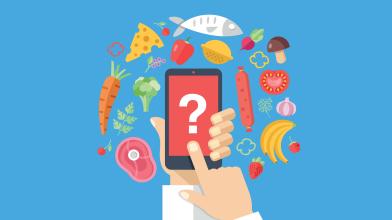While protein and fiber often steal the spotlight when it comes to what is healthy for people with diabetes, water is an essential nutrient that often doesn’t get enough attention. Water makes up 55–65% of the human body, so it’s no wonder that losing too much water, known as dehydration, harms people and their health.1
For people with diabetes, dehydration can be especially risky as it can lead to higher blood glucose levels (blood sugar) and can further affect nerve and kidney related complications. Getting into the habit of drinking plenty of zero-calorie fluids can help you better manage your blood glucose (blood sugar) levels and overall health.
Dehydration and Diabetes
Dehydration happens for many reasons, including sweating in hot weather, taking medications like diuretics, and not drinking enough fluids.1 Underhydration can also result for those who drink sugar-sweetened beverages. And, frequent urination, which is a symptom of higher blood glucose levels, can increase water loss and worsen hydration status.
High blood glucose levels cause the kidneys to work overtime to filter the extra glucose into the urine, increasing the chances for dehydration.
Signs of Dehydration
If you experience the following, you may be dehydrated. The best choice to re-hydrate is plain water.
- Dark colored urine
- Feeling tired, dizzy, or lightheaded
- Dry mouth or lips
- Headaches
- Nausea
- Muscle cramps
Sipping Smarter for Diabetes Management
Research continues to show why drinking more water is critical to wellness. You might be wondering if sweet drinks like juice and lemonade can be hydrating. The truth is, they can be, but they may not be the best options for managing diabetes and weight. The liquid sugar in these beverages is quickly absorbed and can cause spikes in blood glucose, and the added calories can contribute to weight gain.
On the other hand, plain water is 100% free of added sugar, calories, and sweeteners and should be our most frequent beverage of choice. The amount of water you should drink is different for everyone.2 Talk with your doctor or registered dietitian for personalized water drinking goals.
If you’re looking to make better beverage choices but don’t enjoy the taste of plain water, you can flavor it with fruit and herbs to help boost your intake. Discover the other best beverages for people with diabetes, including sugar- and calorie-free tasty beverages like sugar-free sparkling waters, unsweetened teas, and plain coffees.
There are many tasty ways to stay hydrated too because food can be a source of hydration! Try foods that are rich in water like vegetables, fruits, plain yogurt, and low-sodium broths.
Be sure to check out all the recipes on Diabetes Food Hub and create an account so you can save recipes to try later.
References:
- Taylor K, Tripathi AK, Jones EB. Adult Dehydration. [Updated 2022 Oct 3]. In: StatPearls [Internet]. Treasure Island (FL): StatPearls Publishing; 2025 Jan-. Available from: https://www.ncbi.nlm.nih.gov/books/NBK555956/.
- Academy of Nutrition and Dietetics. https://www.eatright.org/health/essential-nutrients/water/how-much-water-do-you-need
